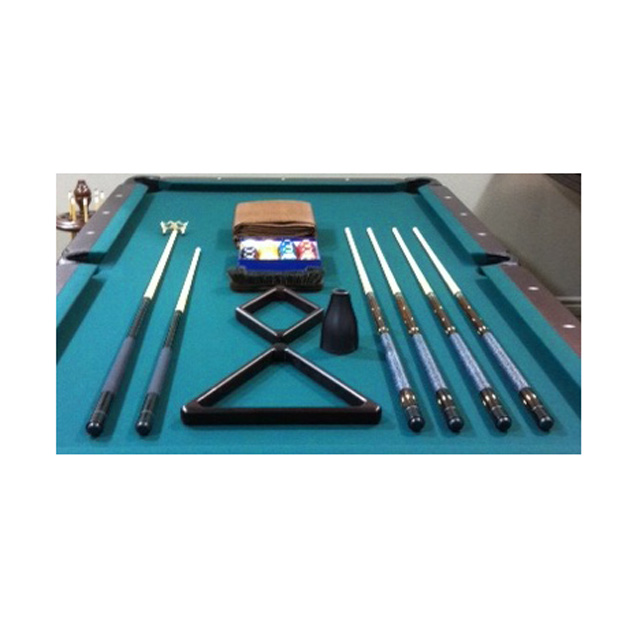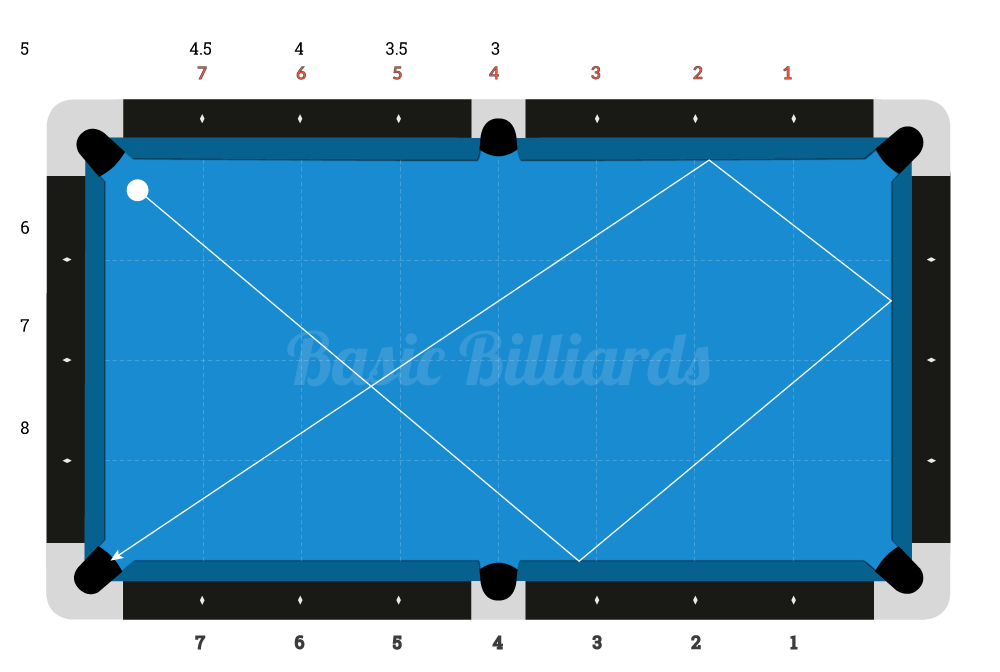
In billiards, pool balls are used. Although made of many different materials they are often made from phenolic. Phenolic is a mixture between formaldehyde, phenol. These two compounds are known for their durability and scratch-resistance. The mixture is also extremely resistant to high temperatures. When exposed to the sun, the resin will begin to fade and yellow.
The first pool ball was made from wood. These balls were strong, but they became crackly with age. Leo Baekeland a chemist invented a new, non-flammable plastic compound in the 19th Century. This material was known as bakelite, and soon replaced wood in making pool balls.
It was expensive to create pool balls. It took a while to create the balls. You could also cut a ball in half if you wanted to know what inside. The balls were then molded under extreme pressure.

After the initial version of bakelite was invented, other inventors began to experiment with chemical compounds to make pool balls. These inventions were pioneering moments for the synthetic plastics industry.
Although phenolic resin can be used to make pool balls, it is more expensive than its polyester counterpart. The polyester alternative is the best choice for those who don't want pool balls that cost a lot. The polyester alternative will not keep its color as long as phenolic.
The manufacturing of a phenolic rubber ball takes about 23 days. Every step of the manufacturing process is thoroughly checked to make sure that it is free from impurities. Additionally, phenolic rubber balls can be stored at lower temperatures that polyester balls. Consequently, they are also more durable and last for longer periods of time.
Aramith is one the leading manufacturers of phenolic resin pool ball. Their phenolic balls last for 40 years and are very durable. Compared to polyester balls, they are also less expensive. If you are looking for a higher-quality set of balls, the Aramith Premier includes superior resin technology.

Another pool ball manufacturer is Iszy, which uses a combination of both phenolic and polyester resin. These pool balls are more affordable than phenolic but they don’t keep their shine as long. Polyester balls can also fade faster and leave burn marks on the table. However, they are still a great option for beginners.
Predator Arcos also manufactures phenolic resin balls. They use a proprietary chemical mixture to create them. These balls can also be through-hardened which makes them more dense. You can also choose the Iszy marble swirl set if you want to spend less.
Many companies are attempting to replicate the ivory billiard ball experience. However, ivory material is no long available. Modern pool balls are made of phenolic and formaldehyde. Today, approximately 85% are phenolic.